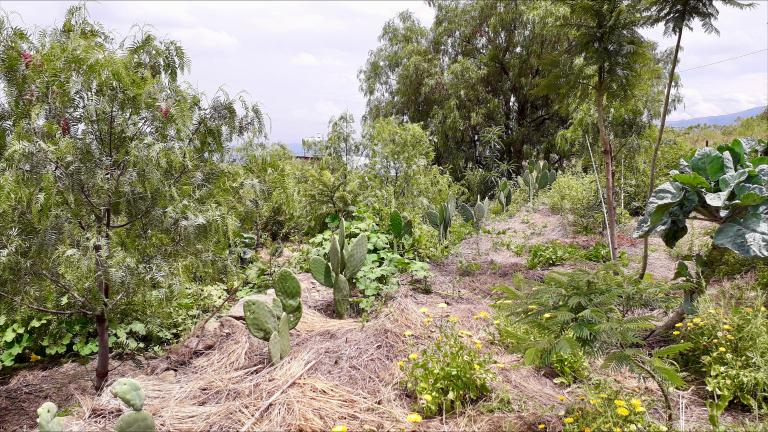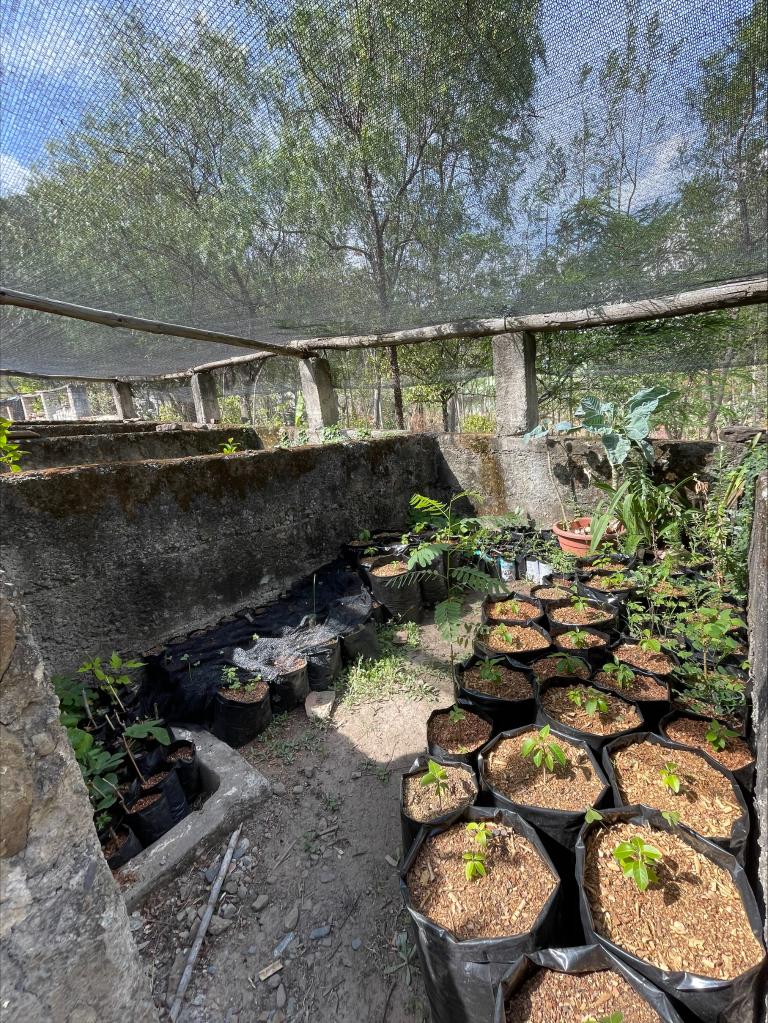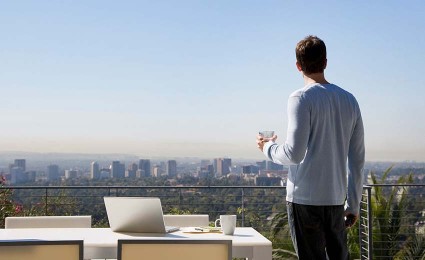_image_caption_none.jpg)

curious.
Julius' Social Fellowship: Restoring forests in Bolivia
Hello, I'm Julius from our Vienna office and I joined Roland Berger three years ago. Recently, I had the great opportunity to go on a three-month environmental social fellowship in Bolivia and would like to tell you more about it.
My motivation to apply for the Social Fellowship Program came from a strong desire to drastically change my perspective and to work with my bare hands in the outdoors. I wanted to support a sustainable cause with high intrinsic value that would allow me to witness the immediate impact of my efforts.
I decided to support NatureFund , an organization I've known for a long time. Back in high school we used to run laps to raise money and part of the donations would go to NatureFund. When their local partner in Bolivia, Mollesnejta , suffered from intense wildfire last summer they issued a call for help that reached me through the newsletter, and afterwards it was an easy decision. Helping with the rebuild of this once flourishing (quite literally) project sounded like exactly the change of perspective and challenge I was looking for.

More about the project and my experience
The mission of Mollesnejta is to be a globally leading lighthouse project for sustainable methods of agriculture. It aims to show farmers that it's possible to run successful agriculture businesses under the harshest conditions without relying on unsustainable practices like slash and burn, pesticides and monocultures. In contrast, Dr. Noemi Stadler-Kaulich and her team are applying and teaching the methods of agroforestry, which were developed by indigenous Andean cultures and include creating terra preta, promoting biodiversity and an overall circular economy approach. Following these principles and with the help of donations (e.g. through NatureFund), they are preserving and replanting their own land.
After arriving in Mollesnejta, the first thing I saw was just how devastating the impact of wildfire can be. Mollesnejta lies at the foot of the Andes near Cochabamba at 2,700 meters altitude, and the whole valley that used to be green was now black. The ecosystem was reduced to very few living trees and plants that weren't burned down. Over the next couple of months, we ridded the area of dead plants and prepared the soil for the rainy season and the planting of new trees and crops and built some protective dams. Once the rains came, we rushed to plant the trees that we had prepared in the project's own tree school in line with the methods of agroforestry.
A typical day in Mollesnejta
I woke up after sunrise around 6:30 AM. After breakfast, we met with the team at 8:00 AM to plan the day and pick up the necessary gear and plants to work in the field, forest or wadi until noon. For lunch, we went to the project's own "restaurant" and enjoyed a little break in the shade. In the afternoon, we either went to do more fieldwork outside or, if it was too hot, I worked on the business plan, social media strategy or did applications for federal funding with Noemi. At around 6:00 PM it was too dark to continue working outdoors and we enjoyed dinner and drinks together with the other volunteers. After working outside all day, I would usually fall asleep immediately or gaze into the mesmerizing night sky from my tiny house.
On the weekends, we had the chance to explore the surrounding areas and went on excursions, like climbing nearby mountains or visiting other parts of the country.

A few things I will take away from my time in Bolivia
Most importantly, I realized that sun protection really isn't optional when working in the sun at c. 2,700 meters altitude. No, seriously, I think most important to me was seeing how little it takes to make an impact, especially when working in nature, something I think every amateur gardener knows. But when it comes to fighting climate change, I hadn't realized that before.
I will probably never get rid of the dirt under my fingernails regardless of how often I wash my hands. Hygiene really is a luxury we take for granted in Europe.
Additionally, I saw that the skillset we get to learn in consulting is highly valuable and appreciated in any part of the world and any type of endeavour, not just in strategy projects.
Lastly, I'm immensely grateful to Roland Berger and my mentor Gundula for enabling me to have such an amazing experience and diverse career path overall over the last three years!


_tile_teaser_h260.jpg)

